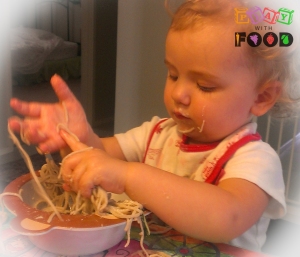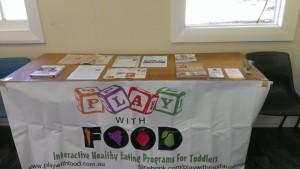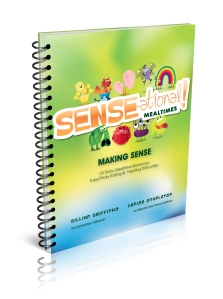Today, I was enjoying a fantastic lunch that my 2 year old created. We went to the pantry and fridge and she selected all the ingredients she wanted. I thought that this activity would be great for my facebook page! And then it hit me, it’s not only great for my facebook page BUT it is also great for my daughter.
I stood back and video’d her as she devoured her whole (but peeled) cucumber accompanied by dinosaur shaped pasta mixed with cheese, salmon & carrot. She considered throwing in honey too but I’m glad she changed her mind. She was an image of pure joy making her dinosaur sounds and laughing at how fun it was to make up her own recipe.
After lunch she asked to go outside to watch the clouds. My heart melted. Of course! My girls are at a beautiful age that I want to enjoy. So, I’ve decided to take my marketing / business information services away from facebook for a while.
I have loved maintaining my facebook page and delight in providing lots of information to my followers. I put in lots of time and effort bringing original content and looking for amazing content from respected writers and bloggers across the world to share.
However, I want to look at the clouds too! I will still be running classes & workshops and enjoy meeting all the wonderful kids who come along to them. I’m just not going to be giving away so much of my precious time to social media.
How to keep in contact??
1) Subscribe to the newsletter either via the link on the facebook page or by sending me an email and I’ll put you on the list (simone@playwithfood.com.au) – I endeavour to send out a newsletter every 2 months.
2) Sign-up to the blog! Go to http://www.playwithfood.com.au and enter your email address into the sign-up field in the left hand column.
3) Email or call me 🙂
It’s not a decision that I take lightly, however, I think those of you with kids will understand what I mean when I want to spend more time looking at the clouds with my daughter!
You will still see an occasional PWF fb post – just so the page doesn’t collapse completely. I will just set up an automated post of links to my blog when new articles are written. However, as I don’t own facebook or the algorithm it runs off – I know this won’t guarantee than many (if any) of my followers will get to see these posts.

I hope this isn’t goodbye to some of my followers but maybe a new “hello” to newsletter & blog subscribers!
Happy Eating!

